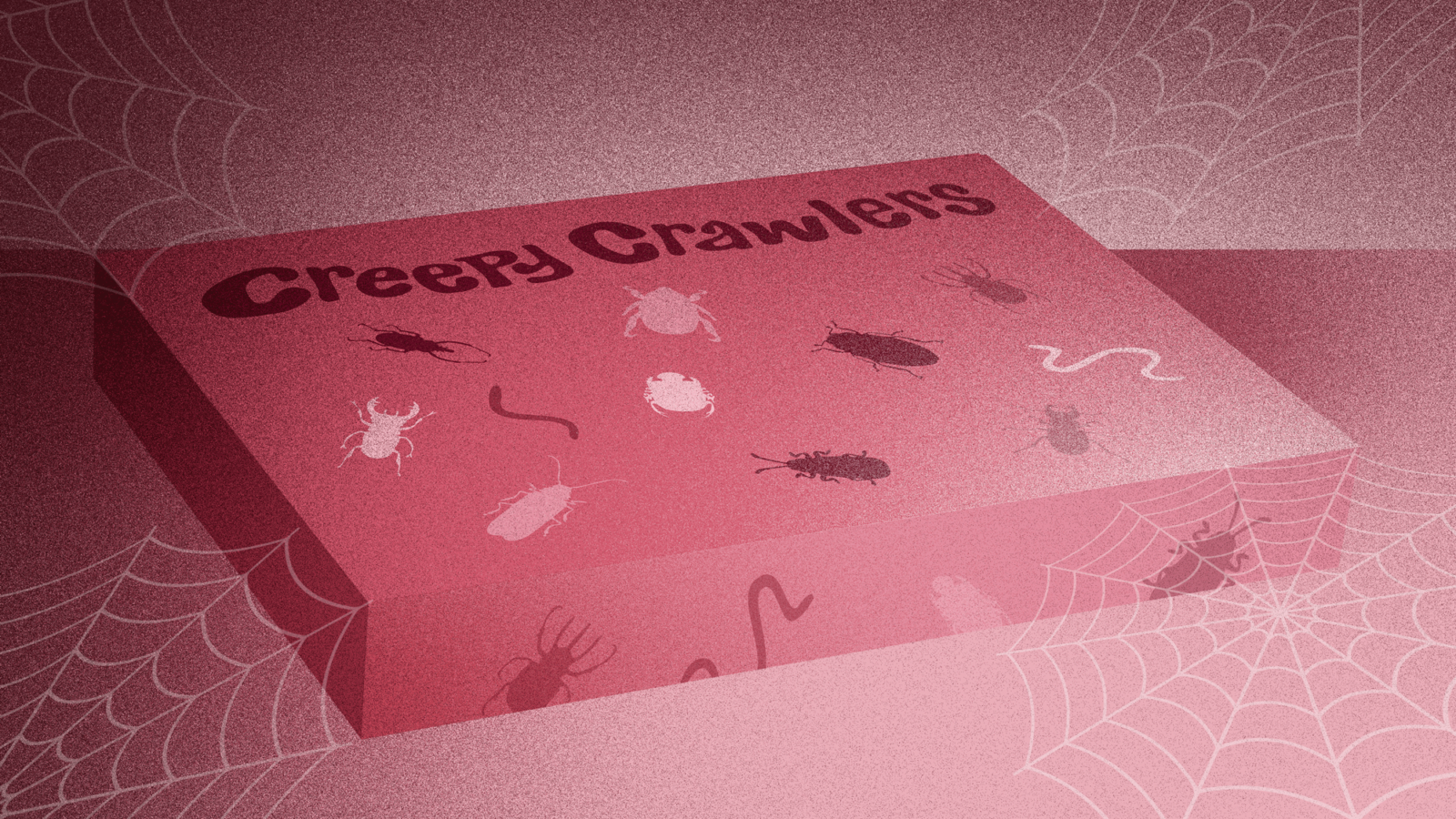“If you buy me Creepy Crawlers, I swear I will never, ever, ever ask for another toy!”
This was my impassioned argument for the must-have toy of the 1978 holiday season. That year, girls and boys across the country begged and pleaded for a machine that made rubbery bugs out of something called “plasti-goop.”
“Won’t you get bored of it?” my mom must have asked.
“No, never! I promise!” I must have insisted.
To my amazement, Creepy Crawlers showed up under the tree that year. I was so excited that, as soon as I unwrapped it, I lay down on my belly, speed-read the directions, and before long, was making a plasti-goop butterfly. It was a miracle. Everything I’d imagined and more.
But by the fourth plasti-goop bug, I was done. I had no interest in making a fifth. The toy gathered dust until, years later, my mom found it in the back of my closet and threw it out.
Scientists have a word for the new getting old and for delight dimming to doldrums. It’s called habituation.
Research shows that we easily habituate to material possessions. In contrast, experiences don’t lose their luster. Scientists sometimes refer to this asymmetry as the experiential advantage. Studies also show that the more money you earn, the greater the experiential advantage.
The same year I got (and just as quickly got over) Creepy Crawlers, my dad and I started a Sunday morning tradition of walking to the neighborhood diner for breakfast. I remember what it felt like to hold his hand. I remember our conversations. Unlike a new toy, the time we spent together never got old.
Don’t assume that the best gifts always come wrapped.
Do give young people experiences they will treasure for a lifetime. How about, for instance, a whole afternoon with you, for which they get to choose where to go and what you talk about? As the French philosopher Simone Weil once said, “Attention is the rarest and purest form of generosity.”
With grit and gratitude,
Angela


